How Sports Improve Mental Health: Move Your Body, Lift Your Mind
Chosen theme: How Sports Improve Mental Health. Discover how regular movement can strengthen resilience, calm stress, and brighten mood. Read on for science-backed insights, real stories, and practical steps. Share your experiences in the comments and subscribe for weekly mind-and-motion inspiration.

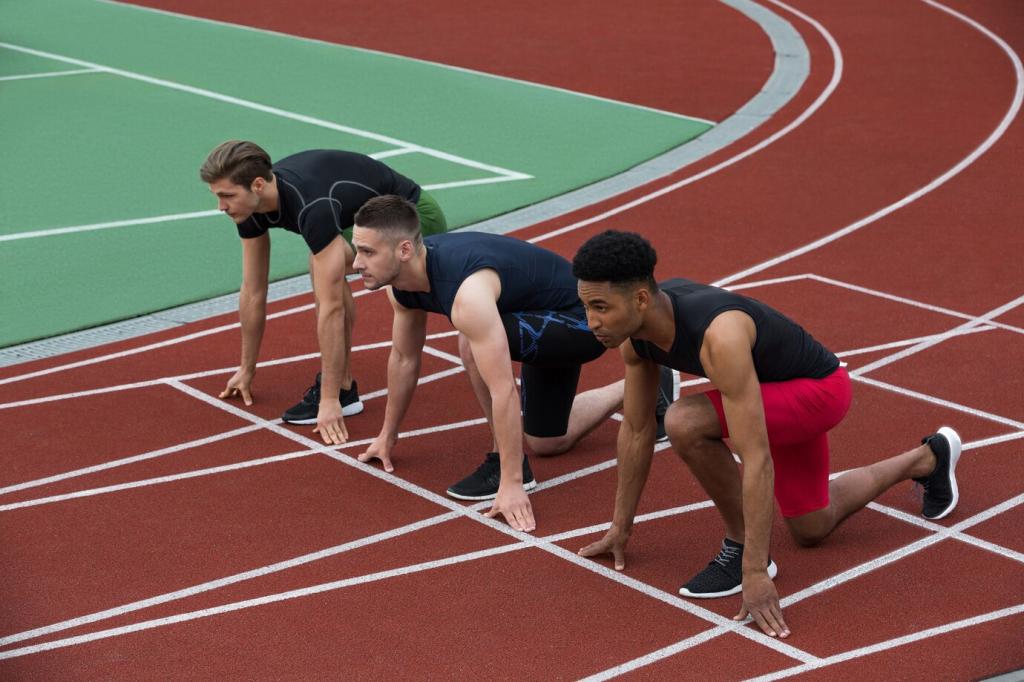
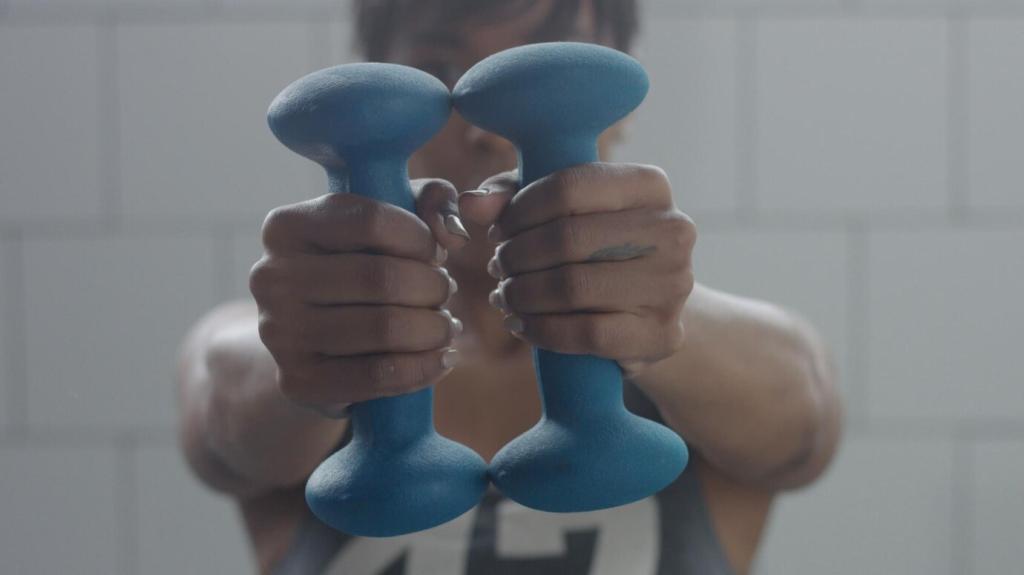
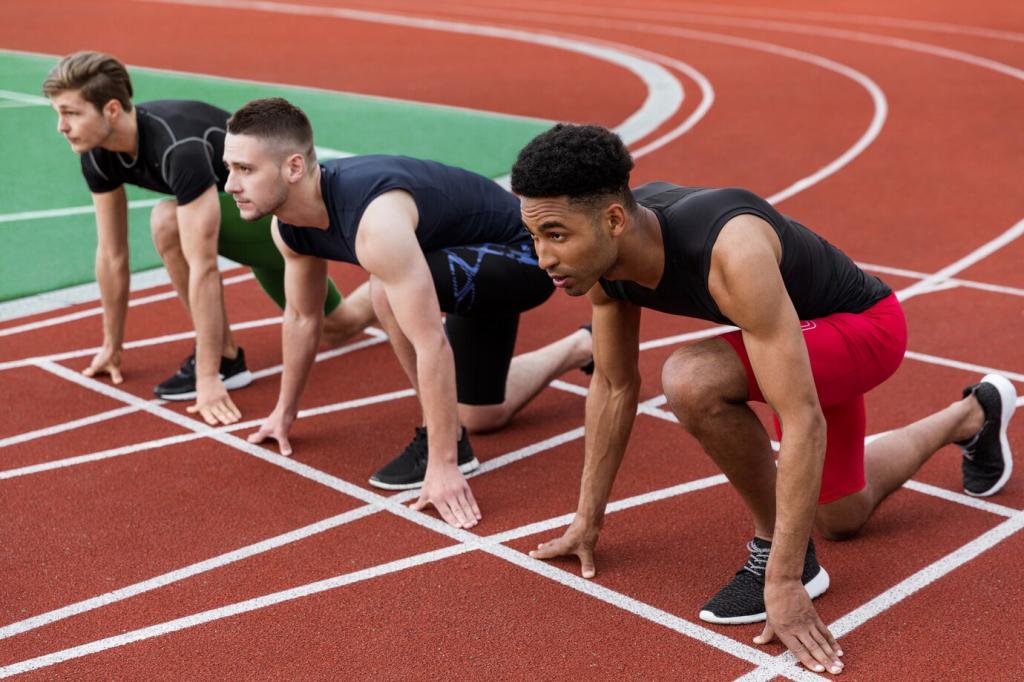

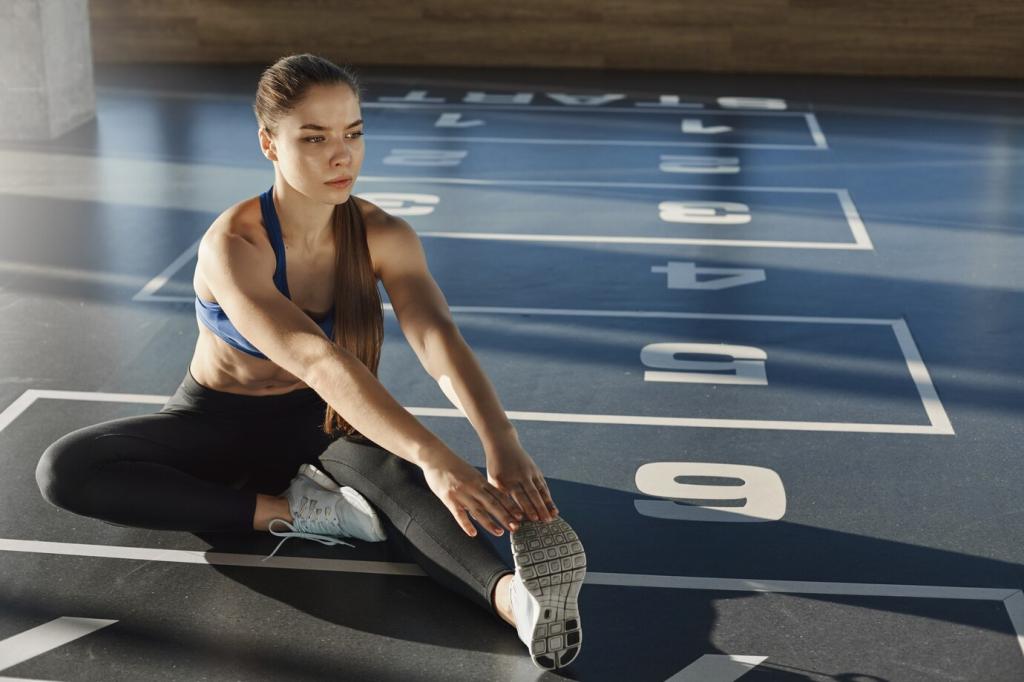
Stories from the Field: Real People, Real Relief
Maya dreaded Sunday evenings, spiraling about Monday tasks. She set a simple rule: twenty minutes of easy jogging before dinner. After three weeks, her anxiety softened and sleep improved. She says the run felt like a reset button, nudging her mind toward calm and perspective.
Stories from the Field: Real People, Real Relief
After a tough breakup, Luis joined a local pickup league. The rhythm of passing and the shared jokes between drills created a pocket of relief. He left each game lighter, with fewer intrusive thoughts. The court became a place where his worries briefly loosened their grip.
Social Connection: The Invisible Teammate
Belonging Buffers Anxiety
Group runs, dance classes, and rec leagues foster belonging. Even brief pre-game check-ins or post-workout high-fives offer micro-moments of care. That social glue reduces isolation, which research links to anxiety and depression. Feeling seen, even casually, steadies the nervous system and shifts outlook.
Accountability Beats the Snooze Button
When teammates expect you, motivation rises. A text from a training partner often beats sheer willpower. Over time, showing up for others becomes showing up for yourself. That consistent rhythm builds confidence, the quiet kind that says, I can keep promises to my mind and body.
Friendly Competition, Friendly Chemicals
Playful competition triggers focus and a rewarding dopamine lift, without the harsh pressure of perfection. Keeping score with kindness matters; celebrate effort more than outcome. This mindset turns games into a safe lab for courage, composure, and emotional regulation under a bit of healthy stress.
Mindfulness in Motion
Flow happens when challenge meets skill. Think cycling a familiar route a little faster or perfecting a tennis serve. Attention narrows, time softens, and self-criticism quiets. You exit refreshed, with worries resized. Small, structured goals each session increase your chances of entering this restorative zone.
Building a Mind-Healthy Sport Routine
Choose a goal so small it is impossible to refuse: five minutes of stretching after coffee, or ten squats before a shower. Small wins compound into identity shifts—I am someone who moves—making future sessions easier and protecting mental health through predictable, low-friction action.
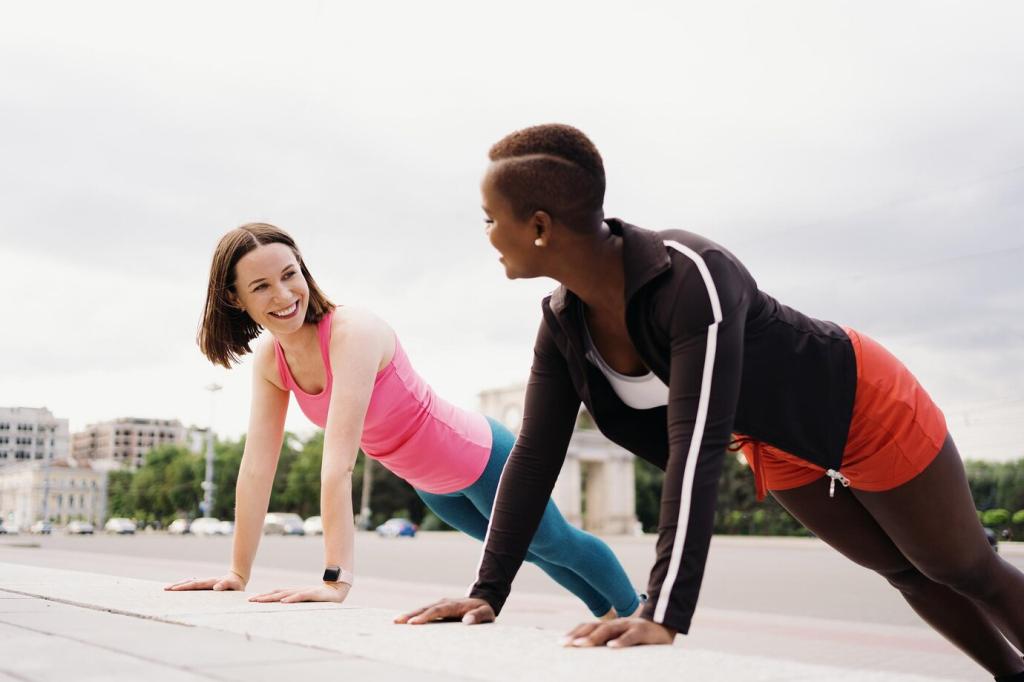
Building a Mind-Healthy Sport Routine
An anxious morning might suit a steady jog; a low-mood afternoon could benefit from energizing intervals or a lively class. Keep a menu of options—solo and social, gentle and vigorous—so you can meet your mind where it is and still support stability and progress.
No Time? Try Habit Stacking
Attach movement to something you already do. Calf raises while brushing teeth, mobility work during TV credits, or a brisk walk on phone calls. These micro-sessions chip away at stress, proving you do not need an empty calendar to protect your mental health.
Low Budget, High Return
Bodyweight training, public courts, community leagues, and library equipment loans keep costs down. Many parks host free outdoor classes. Consistency matters more than gear. Start with what you have and let better mood be the first upgrade before buying anything new.
If You’re Struggling, Pair Sport with Support
Movement helps, but it is not a cure-all. If symptoms are intense or persistent, consult a healthcare professional. Many find the best relief by combining therapy, appropriate care, and sport. Invite a friend to join—support multiplies when accountability and compassion walk beside you.
From Teens to Seniors: Age-Smart Benefits
Teens: Channel Energy, Boost Self-Worth
Sports offer teens structure, belonging, and a place to practice coping under pressure. Success is not only winning; it is showing up, learning skills, and recovering from mistakes. These experiences build self-efficacy, a powerful buffer against anxiety, social stress, and academic overwhelm.
Adults: Stress Armor for Work and Life
For adults juggling careers and caregiving, regular exercise becomes emotional armor. Short, high-quality sessions maintain clarity for decisions and patience in conflict. Many report feeling more grounded after lunch-hour workouts, returning to tasks with steadier attention and fewer reactive spirals.
Older Adults: Mood, Memory, and Mobility
Gentle strength training, walking clubs, and water aerobics support mood while preserving balance and memory. Social routines matter here, too. Consistent movement lowers isolation and keeps daily tasks easier, reinforcing independence and dignity—two pillars that strongly shape mental health in later life.
